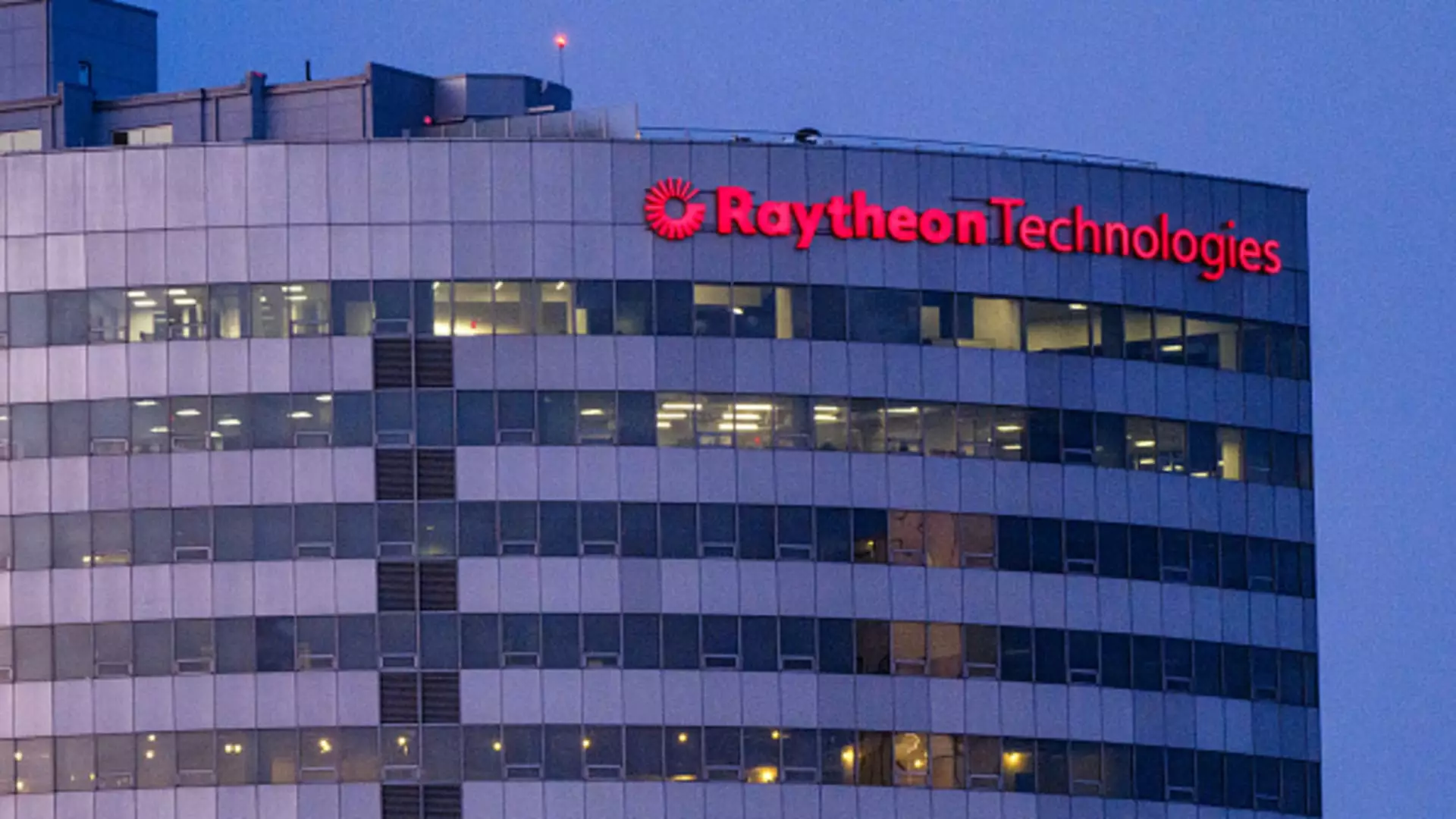In a staggering development on Wednesday, Raytheon, a major subsidiary of defense contractor RTX, reached a settlement exceeding $950 million with the U.S. Department of Justice (DOJ). This agreement stems from serious allegations surrounding government contract fraud, violations of foreign bribery laws, and breaches of the Arms Export Control Act. Additionally, the company has consented to pay over $124 million to the U.S. Securities and Exchange Commission (SEC) due to infractions tied to the Foreign Corrupt Practices Act (FCPA). Specifically, these charges involve illicit payments amounting to over $32 million made to a relative of Qatar’s emir, as well as various military and governmental officials, purportedly to secure defense contracts.
The DOJ’s investigation unveiled grave misconduct wherein Raytheon faced accusations of conspiring to bribe influential Qatari officials while simultaneously failing to adhere to the legal requirement of disclosing these bribes in licensing applications for exports. This not only reflects a blatant disregard for legal frameworks governing defense contracts but also raises profound concerns about accountability in a sector that’s emblematic of national security. Moreover, other charges highlight Raytheon’s participation in schemes aimed at defrauding the Defence Department, specifically in connection with the much-discussed Patriot missile systems and radar technology.
As the DOJ’s Deputy Assistant Attorney General Kevin Driscoll pointed out, the nature of the allegations against Raytheon is particularly alarming. The assertion that a publicly traded U.S. defense contractor engaged in bribery and fraud undermines public trust and presents a serious threat to the integrity of the Department of Defense. It is not just the financial ramifications that are concerning; the ethical implications can be devastating, casting a shadow over legitimate businesses striving to operate within the bounds of law and ethics. Raytheon’s actions erode the public’s faith in both private enterprise and governmental oversight.
As part of the settlement with the DOJ, Raytheon agreed to rigorous conditions aimed at bolstering their compliance framework. This involves engaging an independent monitor for a three-year period, setting a precedent for enhanced scrutiny and oversight moving forward. Additionally, Raytheon has promised to improve its internal compliance programs—a necessary but often insufficient response to deep-rooted organizational challenges. Notably, RTX has acknowledged that these legal responsibilities stem from actions taken predominantly prior to 2020, emphasizing a desire to take ownership of past misdeeds.
The settlement reached between Raytheon and U.S. authorities serves as a critical reminder of the importance of rigorous compliance in the defense contracting sector. As the complexities of international relations and defense requirements continue to evolve, the ethical conduct of companies like Raytheon remains under greater scrutiny. This situation should catalyze an urgent call for more stringent oversight and accountability mechanisms to protect not only the integrity of defense contracts but also to uphold public trust in national security affairs. The revelations in this case must prompt a reevaluation of existing practices to ensure that such behaviors are unequivocally curtailed moving forward.


Leave a Reply